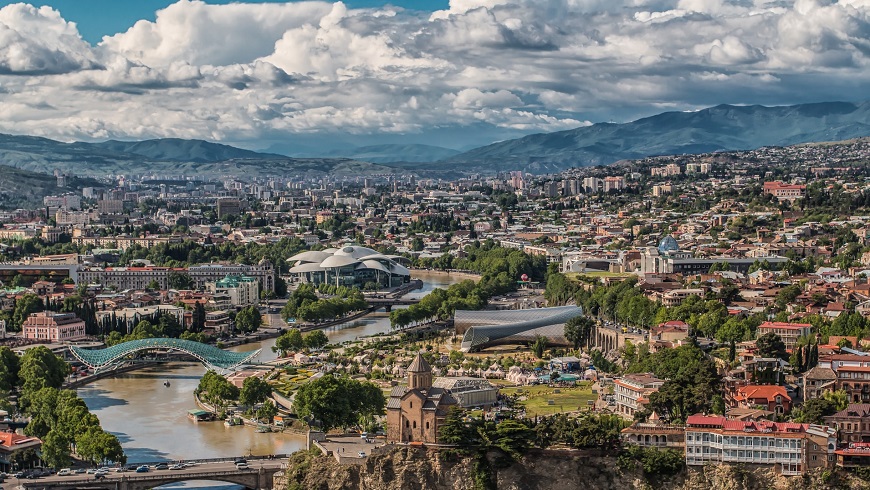In its third report on Georgia's implementation of the Convention on Action against Trafficking in Human Beings, the Council of Europe’s anti-human trafficking monitoring body (GRETA) acknowledges progress in implementing the Convention, but calls on the authorities to step up their efforts to investigate cases of human trafficking and bring the perpetrators to justice, making sure that victims receive compensation and support towards their rehabilitation.
GRETA welcomes that since its previous evaluation in 2016 the authorities increased from three to four the number of special mobile groups set up to carry out the preliminary identification of victims of trafficking, as well as the number of labour inspectors. However, GRETA is concerned by the decrease in the number of victims identified and the high threshold required to grant the status of victim of human trafficking. GRETA urges the authorities to take further steps to proactively identify victims of trafficking, including amongst foreign workers, asylum seekers and persons placed in immigration detention centres.
The evaluation report published today focuses on access to justice and effective remedies for human trafficking victims. Victims of trafficking are entitled to free legal aid during criminal proceedings, which is provided by specifically trained lawyers. GRETA welcomes the existence of a specific legal provision on the non-punishment of victims of trafficking for offences they were compelled to commit, as well as the expansion of the victim and witness co-ordinator services. However, GRETA considers that additional steps should be taken to ensure that victims and witnesses of human trafficking are provided with effective and appropriate protection from potential retaliation or intimidation.
GRETA urges the Georgian authorities to take vigorous measures to facilitate and guarantee access to compensation for victims of trafficking, including by introducing a procedure through which victims are entitled to obtain a decision on compensation from the offender as part of the criminal trial, and making full use of the legislation on the freezing and forfeiture of offenders’ assets to secure compensation to victims of trafficking. GRETA further notes with concern that there have been no convictions for trafficking for the purpose of labour exploitation.
Finally, GRETA considers that the authorities should strengthen their efforts in the areas of prevention of child trafficking, paying increased attention to the link between trafficking in children and the use of information and communications technology.




